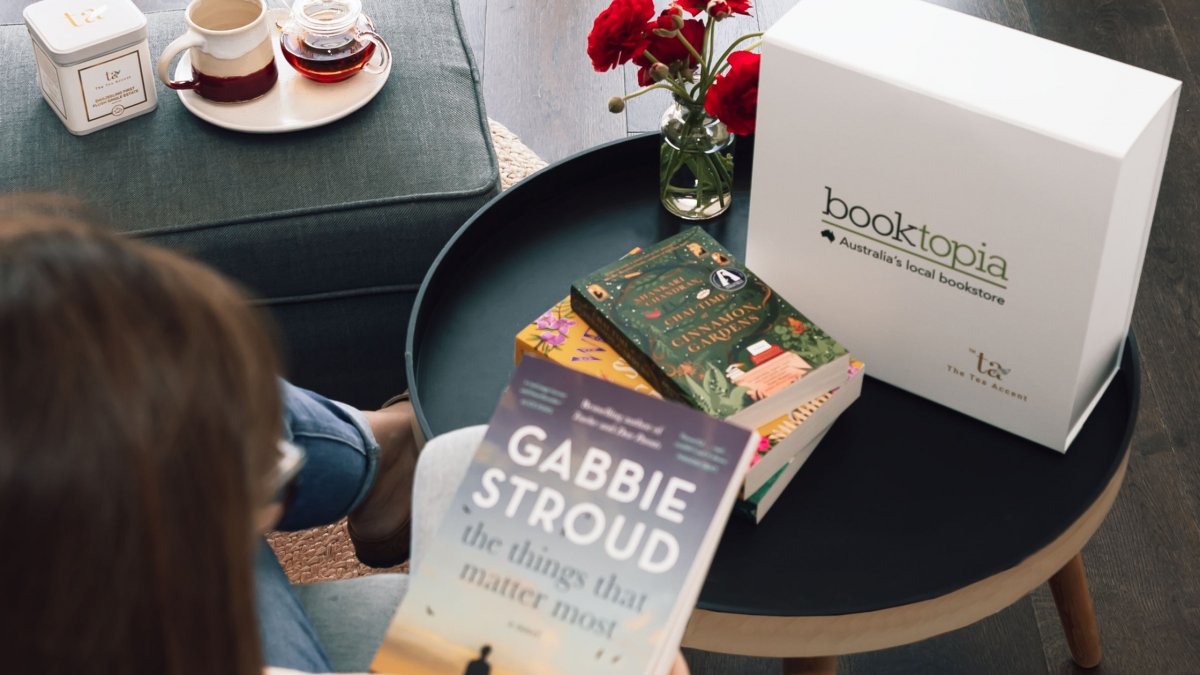 The Hanging Garden may just change the way Patrick White is thought of by Australian readers. For many years now, the mere mention of his name has sent shivers down readers’ spines. Granted, for a small percentage of readers, these were the shivers of ecstasy but for the vast majority they were aroused by fear, dread and, for some, loathing. Australia’s only recipient of the Nobel Prize for Literature has long polarised Australia’s readers. He is a writer we are told we ought to respect but as many find his prose impenetrable this imperative has more often than not borne the fruit of resentment.
The Hanging Garden may just change the way Patrick White is thought of by Australian readers. For many years now, the mere mention of his name has sent shivers down readers’ spines. Granted, for a small percentage of readers, these were the shivers of ecstasy but for the vast majority they were aroused by fear, dread and, for some, loathing. Australia’s only recipient of the Nobel Prize for Literature has long polarised Australia’s readers. He is a writer we are told we ought to respect but as many find his prose impenetrable this imperative has more often than not borne the fruit of resentment.
 The Hanging Garden is different and comes to us at the right moment. As I see it, Australian literature is enjoying a popular revival. A more accessible prose style has been embraced by many of our best writers. From Kim Scott’s That Deadman Dance, to Charlotte Wood’s Animal People, to Christos Tsiolkas’ The Slap, we can sense a new confidence emerging. In such a climate The Hanging Garden is bound to find a receptive audience.
The Hanging Garden is different and comes to us at the right moment. As I see it, Australian literature is enjoying a popular revival. A more accessible prose style has been embraced by many of our best writers. From Kim Scott’s That Deadman Dance, to Charlotte Wood’s Animal People, to Christos Tsiolkas’ The Slap, we can sense a new confidence emerging. In such a climate The Hanging Garden is bound to find a receptive audience.
Begun by an ailing Patrick White back in 1981, The Hanging Garden was left unfinished at the time of his death. What we have been left with appears to have been Part One of a larger novel. Unfinished but by no means incomplete The Hanging Garden describes the experience of two refugee children brought to the relative safety of Sydney, Australia during WWII. A Greek/Australian girl, Eirene rescued from Greece during the English retreat and an English boy, Gilbert, who narrowly escaped oblivion during the London Blitz.
Told largely from Eirene’s point of view The Hanging Garden is a story of adolescent love, with all of its latent complications, its beauty and its disquiet.
Patrick White brings Gilbert and Eirene’s experiences in wartime Sydney to life with a lightness of touch which belies the depths of each word’s foundations. A great wisdom informs each scene and yet we read swiftly and eagerly. There is a startlingly raw truth to this story which conjured up in me long forgotten memories. This is great writing for our time. A book which will remind some of Sumner Locke Elliot’s Careful He Might Hear You and others of Roger McDonald’s When Colts Ran.
Moving and beautiful, The Hanging Garden is a Patrick White novel we can all read with pleasure. Five Stars.
Reviewed by John Purcell. This review was first published in Bookseller+Publisher magazine
Click here to order The Hanging Garden
About the Contributor
John Purcell
While still in his twenties, John Purcell opened a second-hand bookshop in Mosman, Sydney, in which he sat for ten years reading, ranting and writing. Since then he has written, under a pseudonym, a series of very successful novels, interviewed hundreds of writers about their work, appeared at writers’ festivals, on TV (most bizarrely in comedian Luke McGregor’s documentary Luke Warm Sex) and has been featured in prominent newspapers and magazines. Now, as the Director of Books at booktopia.com.au, Australia’s largest online bookseller, he supports Australian writing in all its forms. He lives in Sydney with his wife, two children, three dogs, five cats, unnumbered gold fish and his overlarge book collection. His novel, The Girl on the Page, was published by HarperCollins Australia in October, 2018.






 9 book and tea pairing recommendations for the 2023 holiday season
9 book and tea pairing recommendations for the 2023 holiday season  Recommendations for Women in Translation
Recommendations for Women in Translation  10 books your dad will love this Father’s Day!
10 books your dad will love this Father’s Day!
Comments
March 28, 2012 at 4:46 pm
I loved Patrick White when I was young and crazily gave my 20 year old sons copies of The Vivisector and Voss. Covers haven’t been opened yet and I think I will be having a reread.
Very curious to read this book. Thank you!
April 25, 2012 at 6:02 am
I appreciate the good review, but it’s dismaying how the line, “A more accesible prose style has been embraced by many of our best writers” is precisely the approach to literature that White worked so hard to avoid in supreme masterpieces like “Riders In the Chariot”. Kim Scott, for instance, is a fine writer who doesn’t come close to White’s deep, passionate, original–anything but merely decorative–prose. White’s re-emergance onto the scene should spark a newfound desire for something beyond mere accessibility!
July 24, 2012 at 6:30 pm
Eirene’s intuitive sense of herself and others, portrayed through deep and searing imagery, unsettles in much the same way as Theodora Goodman’s abandoned plight in “The Aunt’s Story”. Poor girl.